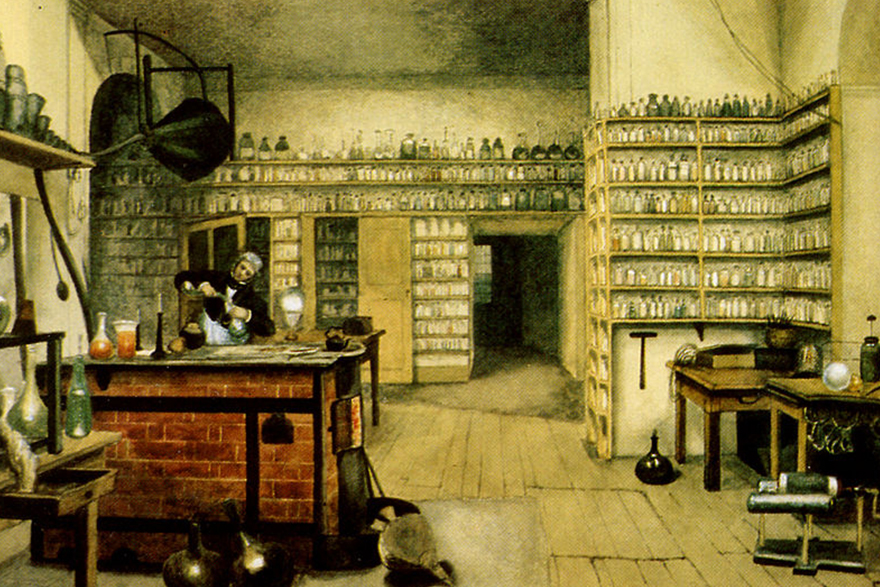Parabens Potently Proliferate Cancer Cells According to New UC Berkeley Study
The debate is over. It’s time to ban some parabens. Until legislation is passed, protect yourself and your family. Buy paraben-free products.
Products ranging from moisturizers to baby products contain a not so secret ingredient that has consumers fretting—parabens. Although parabens are known to mimic estrogen growth effects on breast cancer cells, the debate has been ongoing regarding their safety. Corporate manufacturers and the FDA have been ardently defending the use of them while health-minded consumers have been questioning their safety. A new study from UC Berkeley (10/2015) has found low doses of parabens to be much more impactful on the development of breast cancer than previously believed.
Defining Parabens
Parabens are preservatives. There are many types of them, and you will often see more than one listed in the ingredients of your products.
- Butylparaben
- Methylparaben
- Propylparaben
- Isoparaben
- Benzylparaben
Products with Parabens
Parabens are most commonly used in cosmetic products. However, you can also find them in some foods and drugs (like children’s OTC medicines). In regards to cosmetics, the most common products containing parabens are:
- Facial moisturizers and body lotions (including for babies)
- Makeup products
- Products for hair (including for babies)
- Shaving creams and gels
Breast Cancer and Parabens
The watchdog group Breast Cancer Action (BCAction) discusses the link between parabens and breast cancer. According to BCAction parabens are estrogenic, which means they disrupt the natural production and function of estrogen. Being exposed to artificial sources of estrogen creates havoc in hormone production, and this has been determined to intensify breast cancer risks in individuals.
It should be noted that the FDA has reported studies related to the association between breast cancer and parabens. According to the FDA estrogenic activity is connected to some types of breast cancer as determined from a 2004 research study. The FDA claims that the amount of parabens used in cosmetics are in such minimal amounts as to reduce the threat to users.
The study from UC Berkeley explicitly states that this is incorrect, and suggests reconsidering the amount of parabens that are legally allowed in personal care products. The scientists also call for further studies to be undertaken. It should be noted that the European Union and the Association of Southeast Asian Nations has completely banned five parabens from use in cosmetics. These are:
- isopropylparaben
- isobutylparaben
- phenylparaben
- benzylparaben
- pentylparaben
UC Berkeley Study
The article recounting the study is titled Parabens and Human Epidermal Growth Factor Receptor Ligands Cross-Talk in Breast Cancer Cells. It is peer-reviewed and published in the Environmental Health Perspectives Journal. The study looked at two parabens in particular, butylparaben and propylparaben. Both are very widely used in cosmetics in the US.
The article is very technical and full of terms like “BT-474 cells”; however, the conclusion is very straight forward. Actually, I take that back. It is still very complicated to read and paraphrase, but I will do my best. Low doses of parabens are much more potent than previously thought. Parabens are xenoestrogens. This means that they mimic estrogens. This promotes proliferation of cancer cells. Low doses do this. This means that the “safe” amounts that are used in our everyday products such as shampoos and moisturizers are not as safe as the FDA claims.
The scientists suggest that other xenoestrogens be studied as well. It is time for the FDA to stop relying on old data. There is a new study on the street that demands attention.
Let’s quit burying our heads in the sand, and get with the program. Sometimes we need regulations to protect us and our babies. Let’s follow the lead of the EU and the ASEAN. In the meantime, read your labels. Don’t buy products with parabens in them. Goobsi never uses parabens. You can also visit this great website to help you find safe products: http://www.ewg.org/skindeep/
The full text of Parabens and Human Epidermal Growth Factor Receptor Ligands Cross-Talk in Breast Cancer Cells can be found here: http://ehp.niehs.nih.gov/14-09200/
Please share this information, and remember your congresspeople work for you. Let them know you want regulations to protect you and your family.
Tell them that you want them to support the Personal Care Products Safety Act.

